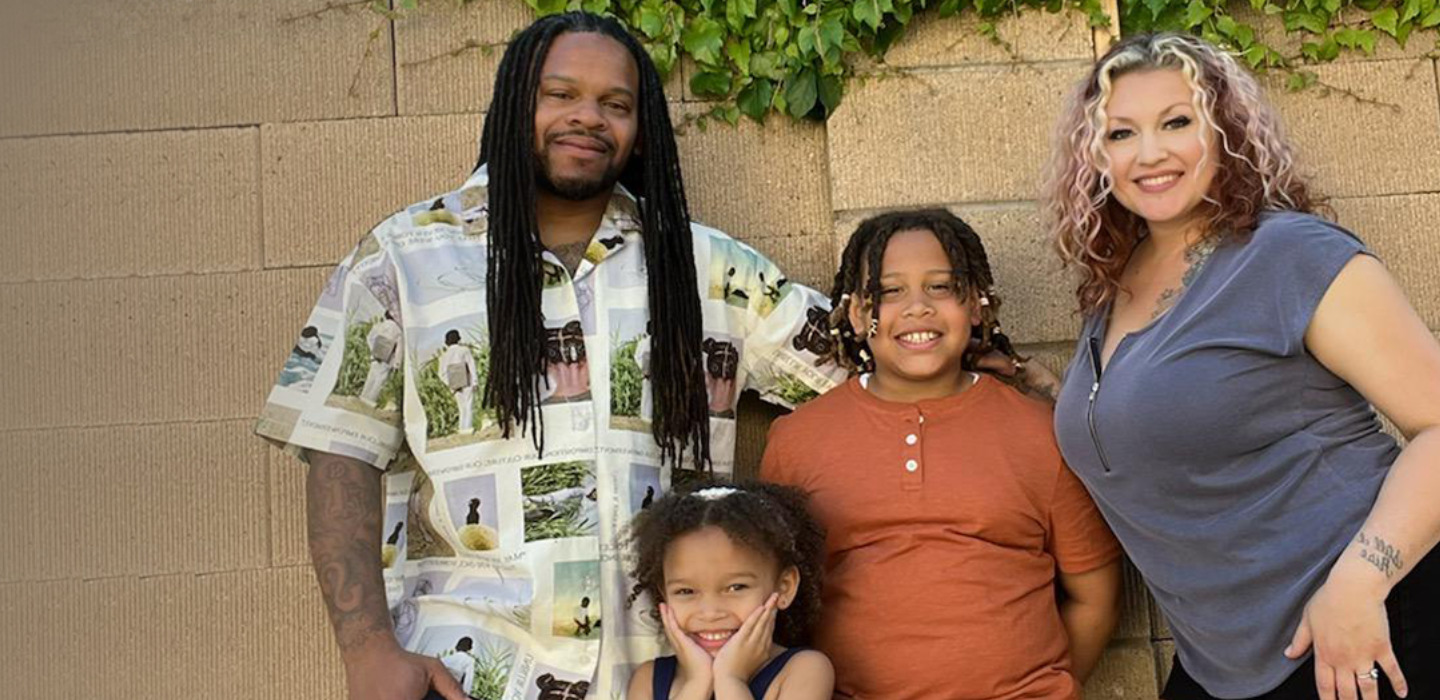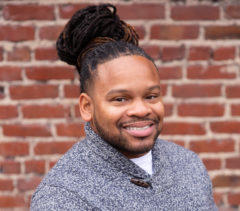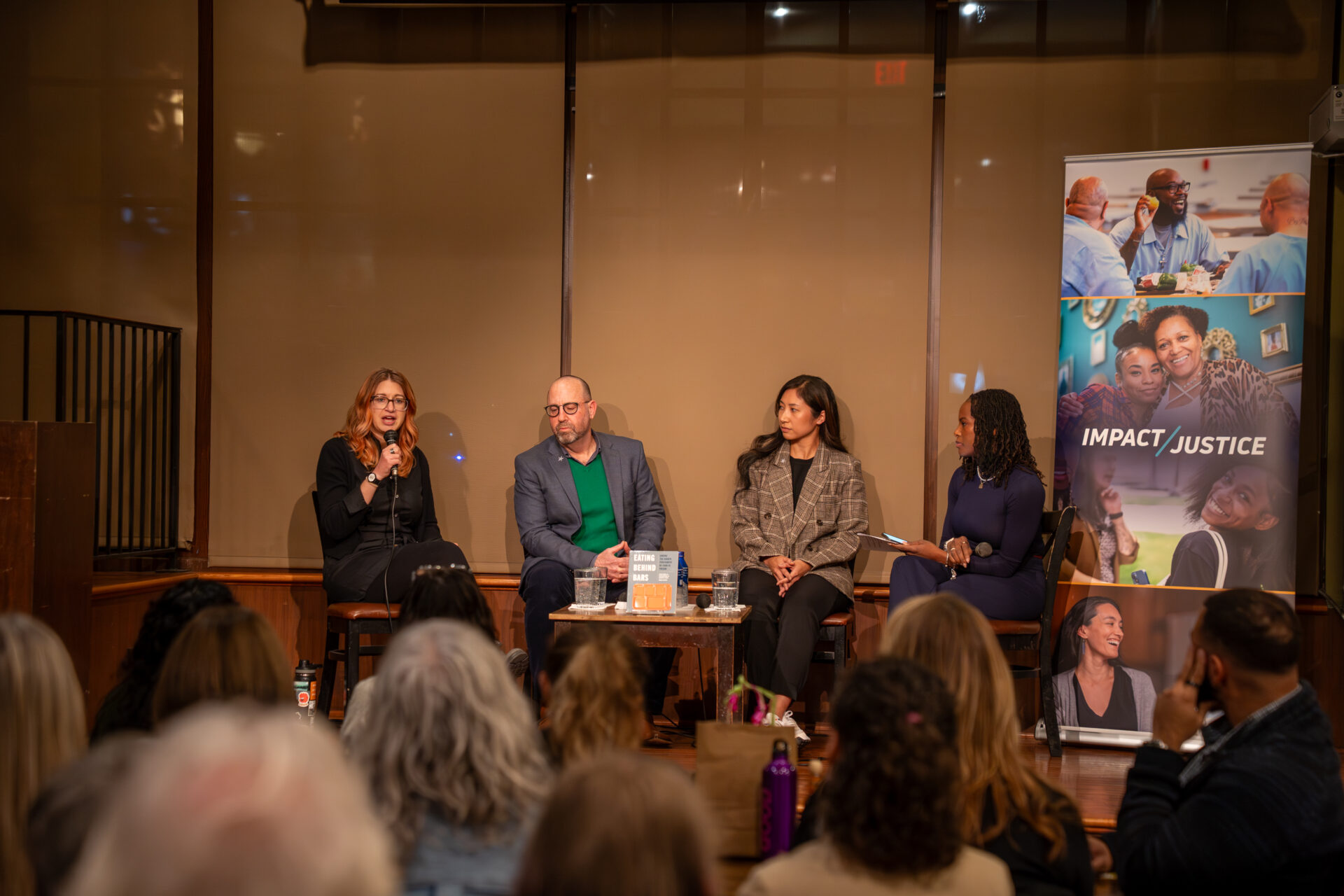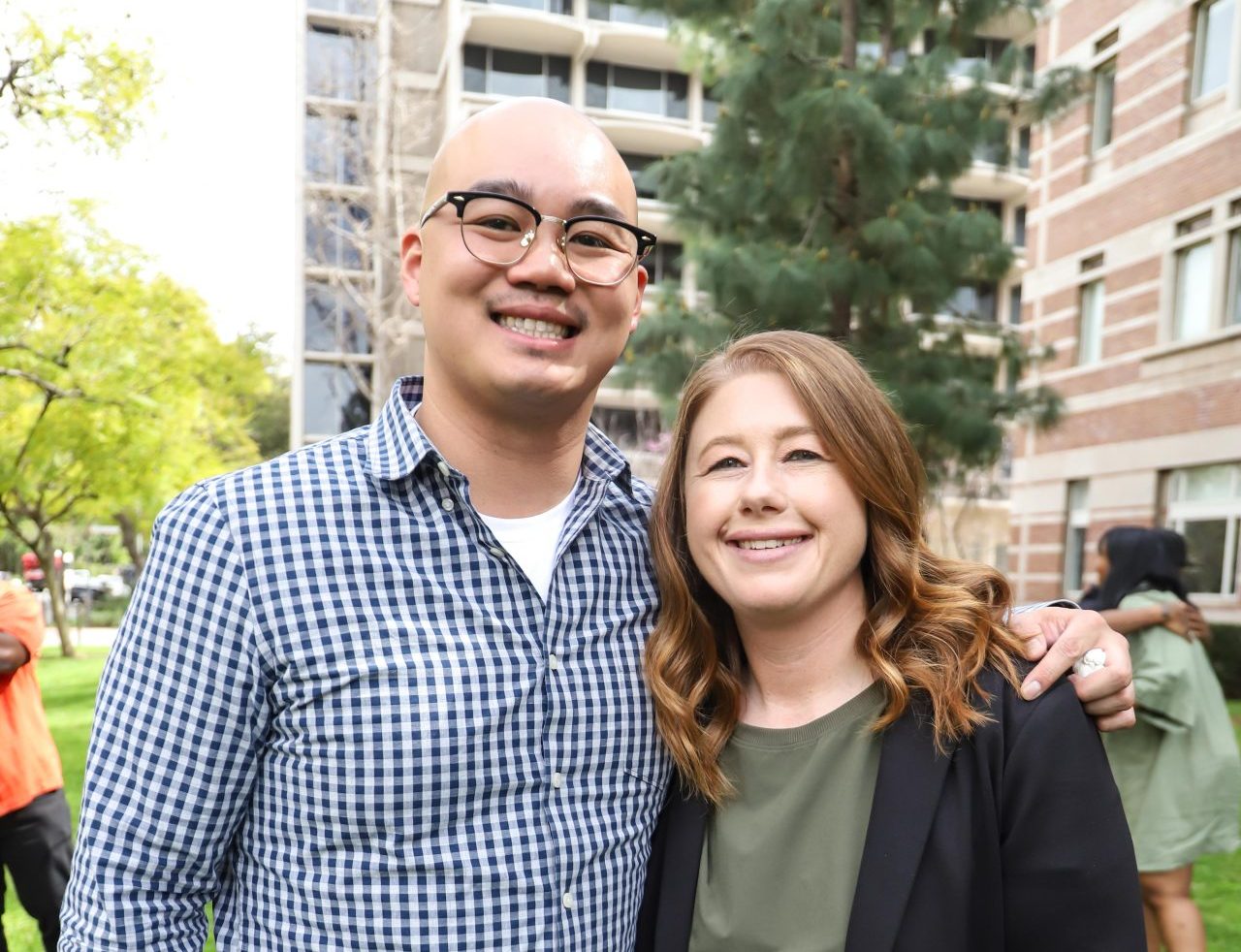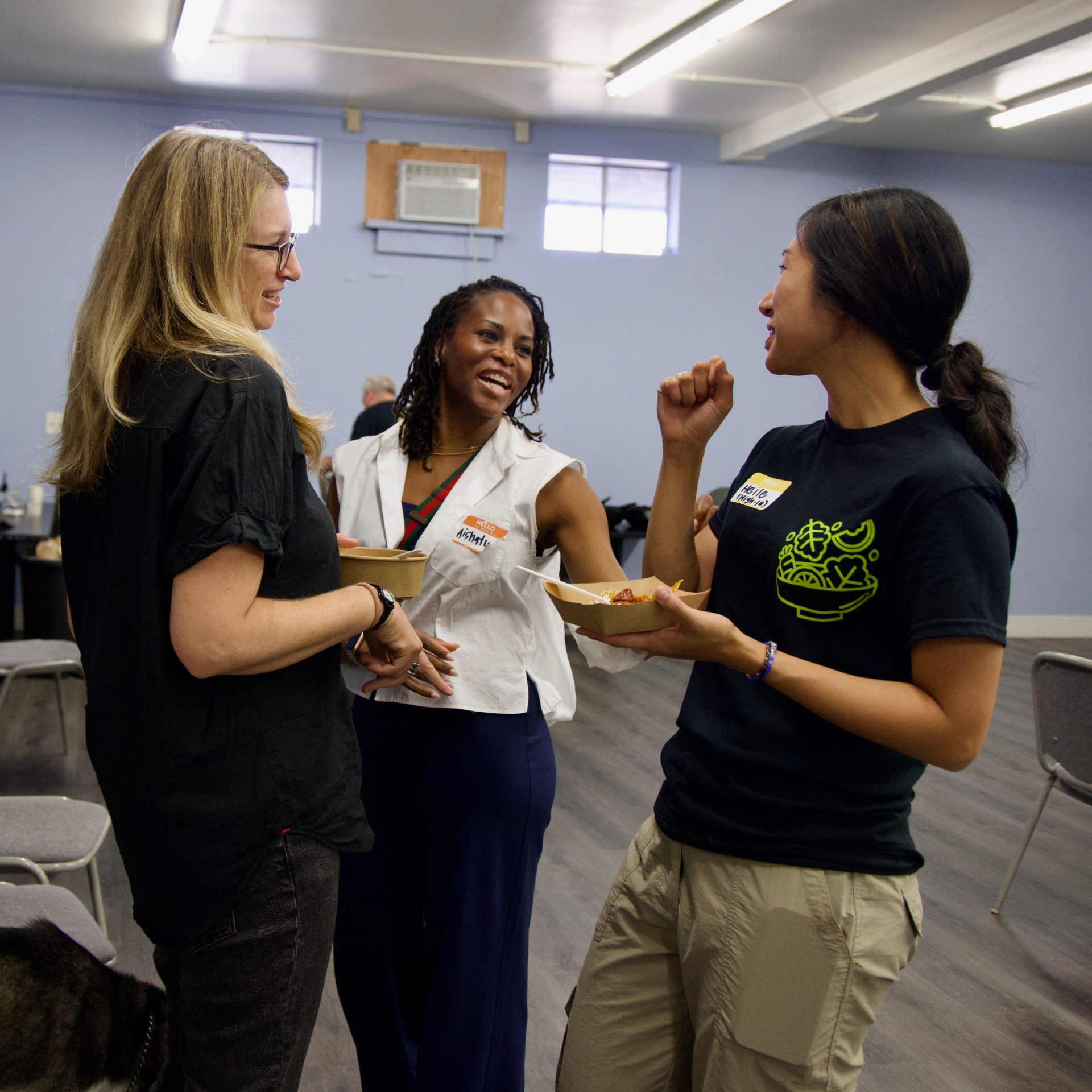Like many Black males in America, fatherhood has loomed large in my life. There is the father I loved but often feared as a boy, the father I came to understand and love more deeply only when age softened him and I became a man myself, and the father I try to be for my own children. I think of all three on Father’s Day in this country that values Black and brown fathers and sons less than their white counterparts and diminishes their humanity in part by denying their pain.
My father was hard on me growing up, especially as I transitioned from a 12-year-old kid on the porch to a 13-year-old venturing into the streets. With my older brother already headed down the wrong path, my father desperately wanted to protect me from the rigged systems and mistakes that limited his own life. Precisely because he knew the inside of a prison cell he wanted to make sure I never would. His intentions were good; his methods were not.
Reams of research, published over decades document intrafamilial cycles of incarceration stretching across generations in America, especially in Black and brown families. Stories of fathers, sons, brothers, and uncles arrested and incarcerated, sometimes multiple times, are commonplace. But these narratives tell only part of the story. Left mostly unspoken is the trauma most of these men carry. Men like my father and me.
As a boy, I didn’t understand my father’s past, the depths of his pain, the demons he battled as he tried to right the course of his own life and break the intergenerational cycle of incarceration that marked our family. Back then, no one in my world talked about trauma. Today I know what unhealed trauma looks like and how easy it is to pass on, despite a man’s best intentions.
From my father, to his father, and farther back than I can recount, men in a society that does not love them or their boys lash out in moments of misdirected furry, often as the only form of love and protection they are equipped to express because of how they were raised. I’m relatively lucky. Through it all, I felt my father’s love and his belief in me.
Despite my father’s attempts to protect me, I too came to know the inside of a prison cell. Even then, he never stopped believing in me. During one of his visits, in the midst of talking about my future, he broke down in tears and apologized for being too hard on me. He told me he wished he could have done more, wished he had been a better father, and began to cry. With each tear that fell, all the painful why’s I had carried with me over the years were answered, and I felt a part of me begin to heal.
Today I work to change a society that traps boys and men of color in cycles of hurt and incarceration while ignoring their pain. That work takes many forms, including learning more about the prevalence of early-life trauma among formerly incarcerated men. Preliminary findings from this research show that, like me, more than 9 out of 10 formerly incarcerated men were exposed to some form of violence at home, including half for whom emotional or physical violence was routine. I’ve interviewed grown men in their 30s or 40s who can recall soul-crushing moments from childhood as if they happened yesterday: the 6-year-old who could feel, if not understand, his father’s pain even as the grown man’s fists kept striking him.
Many of the men we interviewed recall being dogged by feelings of low self-esteem well into adulthood. And very few of the far larger group of men we’ve surveyed consistently had an adult in their life who made them feel important or special—a prerequisite for healthy development and a defense against the worst outcomes of adverse experiences in childhood. It’s essential to open up pathways to healing for these boys and men. Healing works. It has opened many doors in my own life; none is more important than becoming a better father. By acknowledging the sources of my trauma and learning how to heal myself, I’m able to recognize when my children are hurting and how I can support them, strengthening the bond between us, which is invaluable.
Pops, although you couldn’t break the cycle of incarceration, that afternoon your saddness and regret helped break the cycle of trauma by showing me it’s okay to express such feelings, to be vulnerable, and that has made me a better father. I love you. Happy Father’s Day to both of us.
Brandon Miller is a Research Analyst II at Impact Justice.
